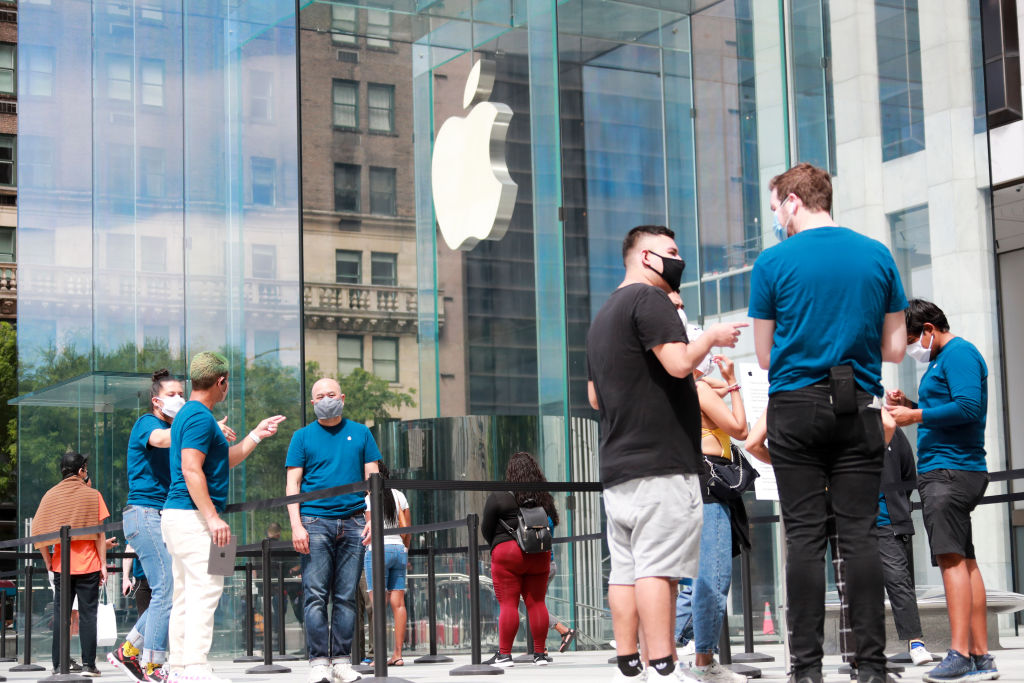

Some of the collected data includes the number of visitors, their source, and the pages they visit anonymously. Google Analytics sets this cookie to store information on how visitors use a website while also creating an analytics report of the website's performance. Google Analytics sets this cookie to store and count page views. Google Analytics sets this cookie to store a unique user ID. The cookie stores information anonymously and assigns a randomly generated number to recognise unique visitors. Google Analytics sets this cookie to calculate visitor, session and campaign data and track site usage for the site's analytics report. Set to record internal statistics for anonymous visitors.Ī sets this cookie to determine the usage of service. These cookies help provide information on metrics the number of visitors, bounce rate, traffic source, etc.ĪddThis sets this cookie to track page visits, sources of traffic and share counts.

It does not store any personal data.Īnalytical cookies are used to understand how visitors interact with the website. The cookie is set by the GDPR Cookie Consent plugin and is used to store whether or not user has consented to the use of cookies. It works only in coordination with the primary cookie. The cookie is used to store the user consent for the cookies in the category "Performance".ĬookieYes sets this cookie to record the default button state of the corresponding category and the status of CCPA. This cookie is set by GDPR Cookie Consent plugin. The cookie is used to store the user consent for the cookies in the category "Other. The cookies is used to store the user consent for the cookies in the category "Necessary". The cookie is set by GDPR cookie consent to record the user consent for the cookies in the category "Functional". The cookie is used to store the user consent for the cookies in the category "Analytics". Set by the GDPR Cookie Consent plugin, this cookie records the user consent for the cookies in the "Advertisement" category. These cookies ensure basic functionalities and security features of the website, anonymously. Apple is showing some signs of listening, learning and effecting change.Necessary cookies are absolutely essential for the website to function properly. Lets hope that by the time the iTunes App Store reaches it's first anniversary that Apple will be able to find the balance that iPhone users and developers need, and that the App Store rules will bend a little bit more even though it is clear from this story that that is already happening.

What's missing for the App Store, however, are rules that the developer community can trust. It's clear that practically anyone would welcome apps like Nullriver's phone-as-modem app NetShare, and Apple has already started accepting third-party Web browsers. Apple subsequently accepted the app into the App Store. The developer, however, explained that he came up with his own version of Coverflow using his own code. Peeps $1.99 ( iTunes Link) made by Plausible Labs, is famous because Apple went after the developer for what appeared to be the use of Private APIs that facilitate the use of Coverflow in their app. However, it might be risk that is worthwhile for some developers seeking to bring otherwise impossible features to their appilcations, e.g.
IFART APPLE STORE REVIEWS SOFTWARE
The problem with this whole situation is that using the undocumented API's in your application can put it at the risk of failing in the future if Apple does any software updates that affect it. That's considered a big no-no in the development community. Google has denied, however, a more serious charge that it was linking to private or dynamic frameworks in the Google Mobile application. iPhone developers were only supposed to use the APIs that Apple published in its SDK when they create their applications under the terms of that agreement. "A Google spokesman confirmed Tuesday that Google Mobile uses undocumented APIs (application programming interfaces) in order to use the iPhone's proximity sensor to prompt a verbal search. Tom Krazit reported, that "Google acknowledged breaking the official rules of Apple's iPhone software development kit(SDK) which it created the latest version of the Google Mobile application for the iPhone, but denied a more serious charge." Application Programming Interface Rules Broken


 0 kommentar(er)
0 kommentar(er)
